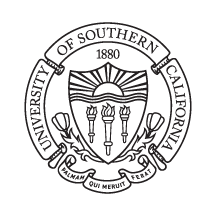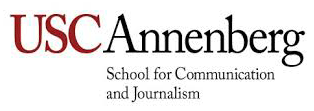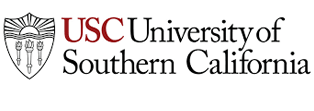
Speech recognition has often been suggested as a key to universal information access, as the speech modality is a "natural" way to interact, does not require literacy, and relies on existing telephony infrastructure. However, success stories of speech interfaces in developing regions are few and far between. The challenges of literacy, dialectal variation, and the prohibitive expense of creating the necessary linguistic resources are intractable using traditional techniques. We present our findings evaluating a low-cost, scalable speech-driven application designed and deployed in a community center in rural Tamil Nadu, India, to disseminate agricultural information to village farmers.
Speech Recognition; Universal Information Access; Speech; Literacy; Illiteracy; Telephony Infrastructure; Agricultural Information; India










